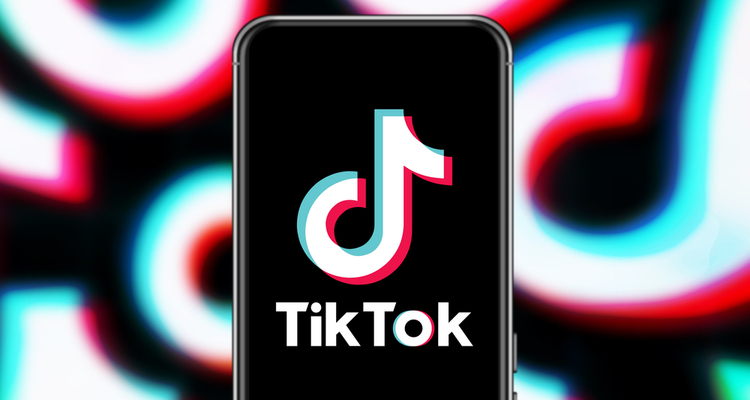
Photo Credit: Shutterstock
In many ways, social media has become more polarized and politicized than any other sector of American society. Just look at the firestorm of protest and controversy over Elon Musk’s decision to acquire Twitter. Or the raging controversy over the perceived censorship, de-platforming and shadow banning by social media platforms like YouTube. So perhaps it makes sense that the same type of controversy and polarization is now occurring around TikTok, the seemingly harmless viral video-sharing platform made in China.
Is TikTok good or bad?
On one side, you have the group of people who claim that TikTok is a devious surveillance tool used by the Chinese state to snoop on everyday Americans and then relay details of their lives back to the Chinese Communist Party. Based on these fears, people are going out of their way to ask Google and Apple to ban TikTok and remove it from their app stores. Former President Donald Trump certainly falls into this camp. In 2020, he famously attempted to ban TikTok and ignited the whole “we can’t trust apps made in China” narrative.
On the other side, you have the teenagers, viral influencers and social media marketing mavens who view TikTok as an essential part of their branding toolkit and a core part of their overall digital identity. They can’t imagine a world in which you can’t post funny videos, viral dance clips or silly sing-alongs using TikTok. They are not so eager to learn the real details of who owns TikTok, or how TikTok might be gathering their data and sending it back to Beijing.
For elected officials in Washington, there has also been a calculated decision to turn a blind eye to potential problems at TikTok. They are more than happy with a few words of explanation. They buy into the argument that all U.S. traffic on TikTok has now been moved to Oracle servers and thereby safely protected from Chinese prying eyes. Nothing to see here, right?
Action needed in Washington
Amidst all this controversy (especially the most recent scandalous assertion by TikTok insiders that “everything is seen in China”), the Biden Administration does not seem eager to weigh in on either side of the debate. Biden’s cybersecurity team has yet to state that TikTok represents a national security threat. And, to avoid any type of tit-for-tat economic war with China, Biden has not dared to make the same type of bold moves as Trump. Whereas Trump had no hesitation in placing American interests over Chinese interests, even a neutral observer would have to admit that the Biden administration has a tendency to back down any time Beijing signals its displeasure.
Social media and data in the modern era
Perhaps the only thing that every TikTok user can agree on is that your personal data in the modern social media age is never far from prying eyes. In the best-case scenario, it’s nosy advertisers trying to learn more about your habits, behaviors and preferences. In a worst-case scenario, it’s malicious Chinese intelligence professionals, engaging in subtle surveillance.
At the end of the day, a global, multipolar world means that popular technology will no longer solely originate in the United States. We’ve all grown up with the assumption that the best phones, the best apps, and the best social media platforms are all American. And so we’ve been lulled into possibly a false sense of complacency. This might change, though, if stories continue to circulate that the Chinese are trying to use social media as a way to take over the tech sector, or that certain apps are being weaponized as part of China’s overall plan for world dominance. By then, though, it might be too late to ask any real questions about TikTok.